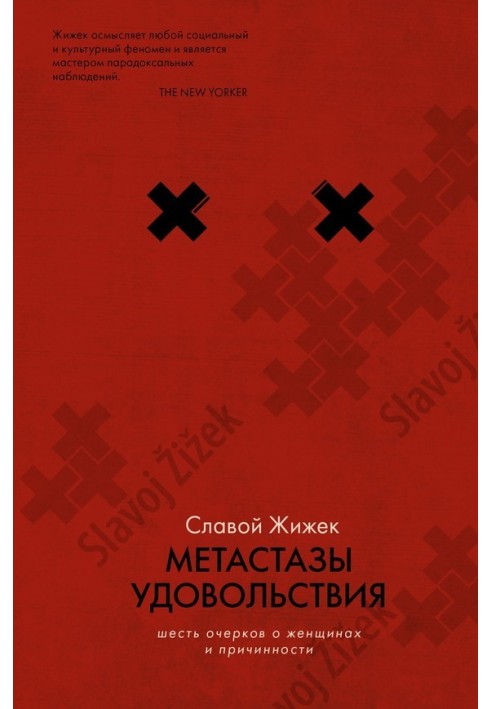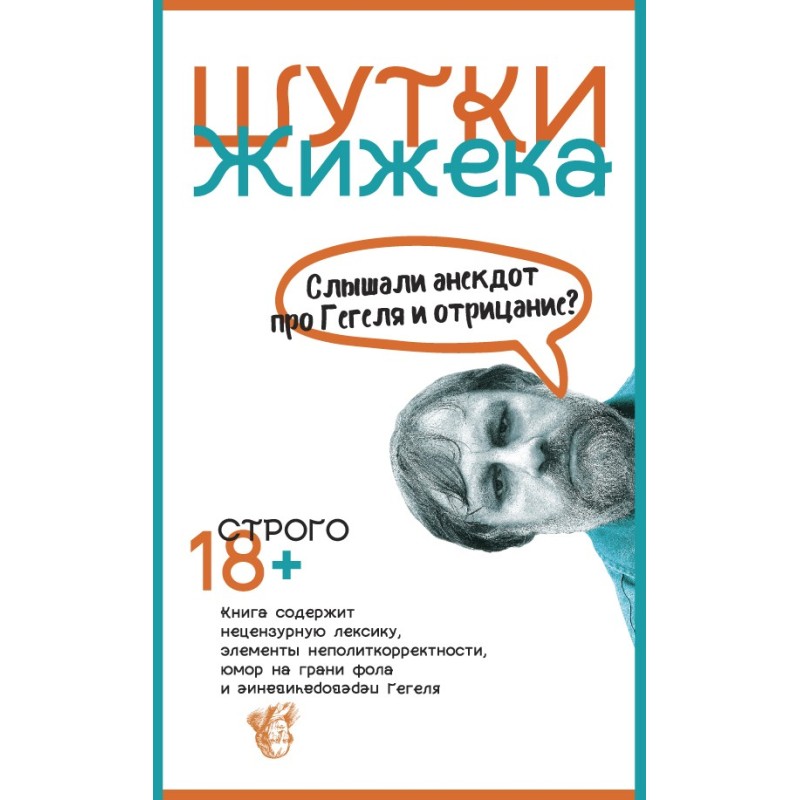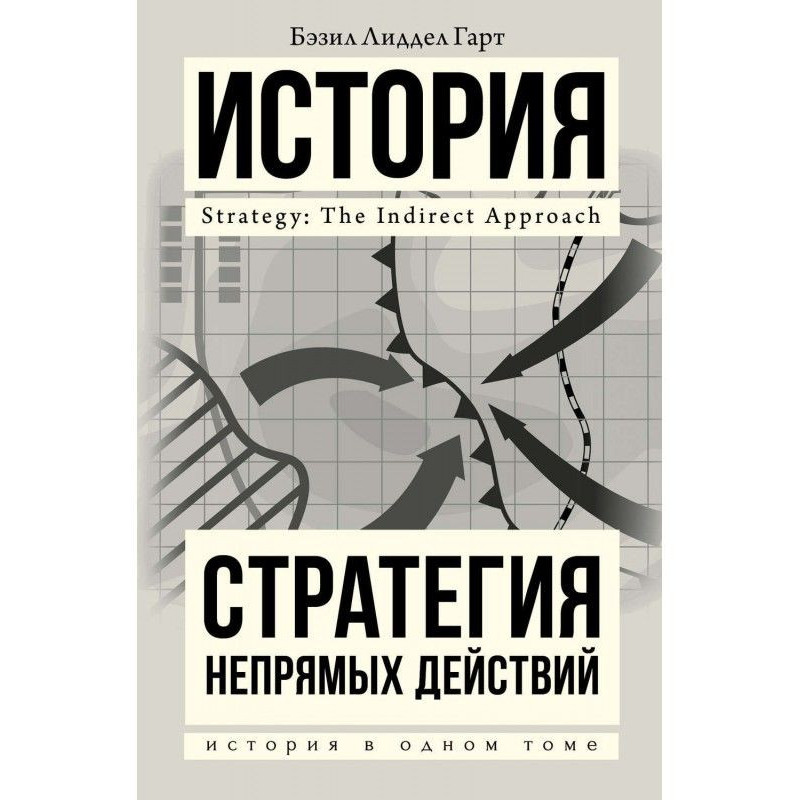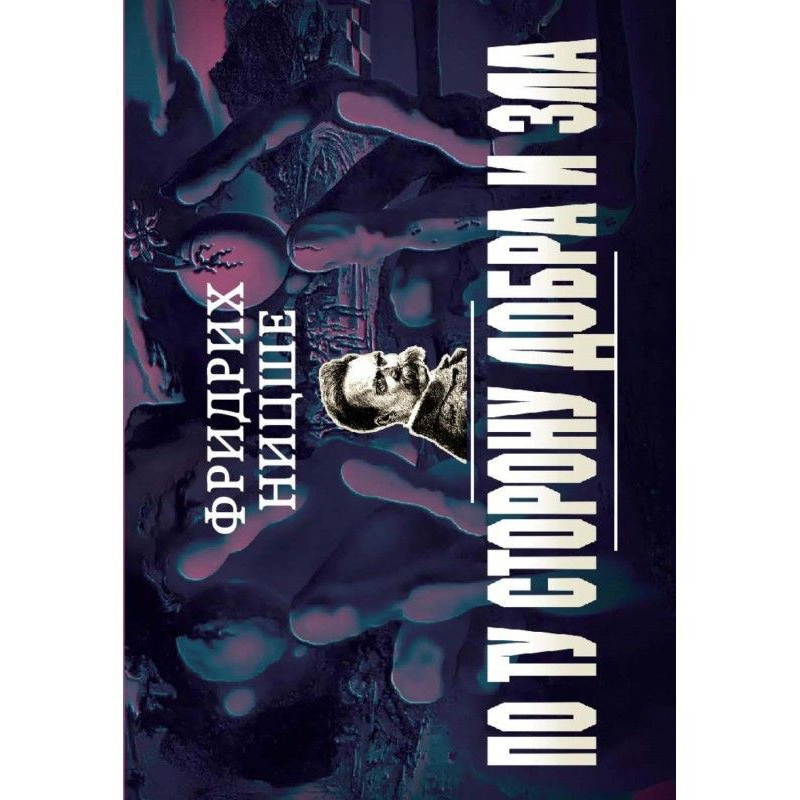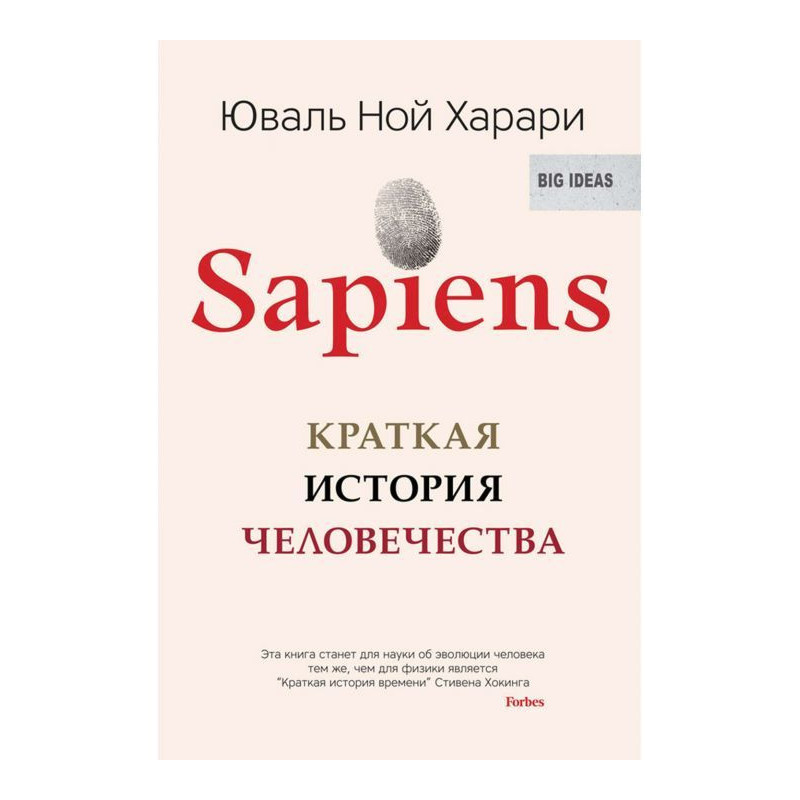Metastases of pleasure. Six Essays on Women and Causality
 Instant download
Instant download
after payment (24/7)
 Wide range of formats
Wide range of formats
(for all gadgets)
 Full book
Full book
(including for Apple and Android)
For the political and ideological context in which the book “Metastases of Pleasure” was created, the experience of the war in Yugoslavia and the surge of irrational, uncontrollable violence in modern society are especially significant. Turning Lacan's psychoanalysis into the basis for a revival of Marxist theory, Slavoj Žižek explores the role of women in recent philosophy and contemporary art, and the connection between violence and gender relations. “Where can one grasp ‘pleasure as a political factor’ in its purest form? In a famous photograph from the time of the Jewish pogroms: a Jewish boy is cornered and surrounded by a group of Germans. This group is extremely interesting - the facial expressions of its members represent the entire range of possible attitudes to what is happening: one "enjoys" it quite directly, like an idiot, another is clearly scared (probably from a premonition that he might be next), the third feigns indifference, which is only hidden by that awakened curiosity, etc., right up to the exceptional expression on the face of a certain young man, who is clearly embarrassed, almost sickened by everything that is happening, he is unable to surrender to the events entirely, and yet it fascinates him, he receives from the situation a pleasure whose power far exceeds the idiocy of direct pleasure. And here he is the most dangerous of all: his trembling indecision is exactly like that of the Rat Man; Freud noticed the same facial expression in this patient when he told him about the torture of a rat: “When [the Rat Man] recounted the key episodes of this story, his face acquired a strangely complex expression. I had only one interpretation: horror from the pleasure received, which the patient himself was not aware of.”
Data sheet
- Name of the Author
- Славой Жижек
- Language
- Russian
- Translator
- Шаши Александровна Мартынова
Reviews
Глибоке дослідження жінок та насильства в сучасному суспільстві
Книга "Метастази задоволення" є вражаючим твором, яке пропонує читачеві глибоке занурення в складні питання гендеру, насильства та ідеології. Славою Жижек, використовуючи психоаналіз Лакана, вдало досліджує роль жінки в контексті війни в Югославії та сучасного мистецтва, відкриваючи нові перспективи на взаємозв'язок між насильством і міжгендерними відносинами. Кожен з шести нарисів про жінок розкриває різні аспекти їхнього життя, відображаючи складність і багатогранність жіночого досвіду. Автор не боїться порушувати табу та викликати дискусії, що робить цю книгу надзвичайно актуальною в сучасному світі. Читання "Метастазів задоволення" - це не лише інтелектуальний виклик, але й можливість переосмислити власні уявлення про задоволення, насильство та роль жінки в суспільстві. Рекомендую всім, хто цікавиться філософією, соціологією та гендерними студіями!

